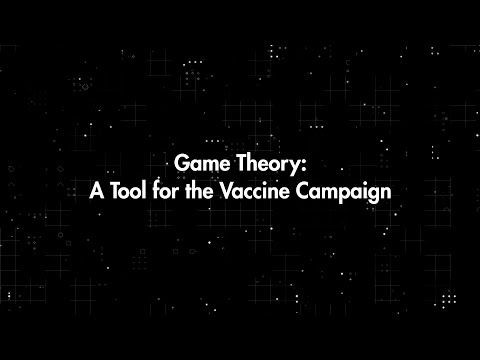Measles Outbreaks: Understanding the Mathematical Logic Behind Vaccine Hesitancy

A recent outbreak of measles in Texas highlights the pressing issue of vaccine-preventable diseases, despite the availability of highly effective vaccines. But what drives parents to choose not to vaccinate? Experts say it's not about misinformation or selfishness, but about game theory and a system that doesn't always align individual interests with collective welfare.
According to professors Y. Tony Yang and Avi Dor, vaccine hesitancy is a predictable outcome of the way people make choices in interdependent systems. In their article, "Game Theory Meets Vaccines," they explain how the decision to vaccinate isn't just about individual morality, but also about the collective incentives that drive public health outcomes.
Vaccine decisions are unique because they involve interconnectedness: when one person chooses not to vaccinate, it can impact others in a community. This reality is revealed by game theory, which shows how individual choices in a system with many interdependent agents can lead to suboptimal outcomes for everyone.
The article highlights the "free rider problem" – when an individual benefits from herd immunity without contributing to it through vaccination. Even with a perfect vaccine, voluntary coverage will never reach 100%, as people always weigh the risks against their personal choices.
Historically, when safety concerns arise, parents tend to drop their vaccine rates rapidly, followed by slower recovery. The difference lies in how incentives work for each part of the decision-making process – the fear of disease spurs rapid decline, while trust and cooperation rebuild progress more slowly.
Moreover, communities with low vaccination rates form "susceptibility clusters" where local norms develop, driving an increase in non-vaccinated populations and enabling diseases to persist. The situation is more pronounced when some community members have effectively achieved herd immunity, only adding further strain on those who cannot afford or don't prefer vaccination.
Ultimately, experts suggest that approaching the decision not to vaccinate with empathetic discussion rather than moral judgement can encourage better outcomes. Better communication focusing on actual risks and individual health awareness will allow healthcare professionals to provide a safe environment for parents and individuals in this highly intricate dynamic of trust, consent and rational risk balancing.
